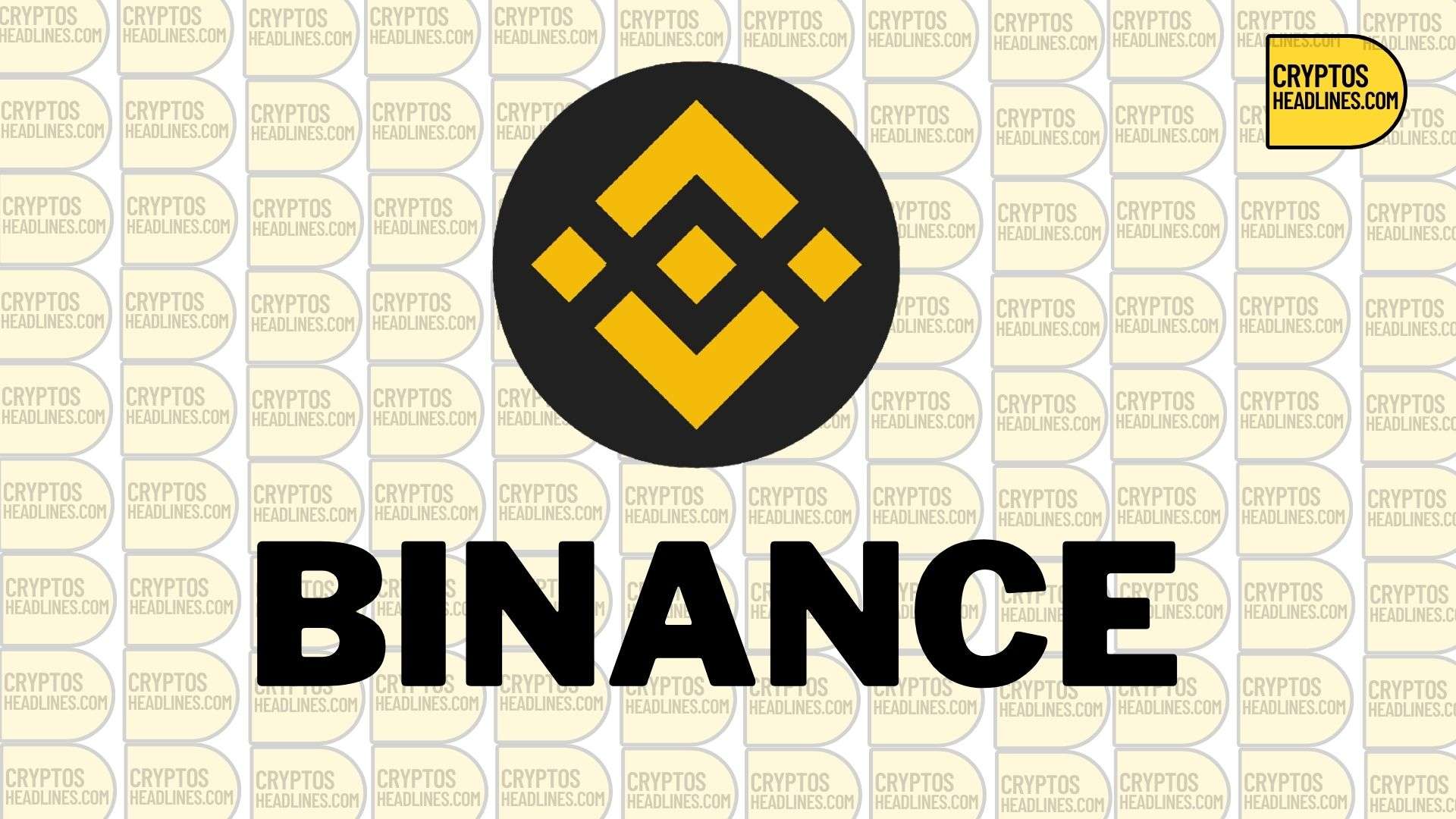The biggest crypto exchange in the world is trying to get officially registered in Taiwan. They want to follow the local rules against money laundering. Two people who know about this have talked about it.
Binance, the world’s biggest place for trading cryptocurrencies, wants to follow Taiwan’s rules against money laundering. They’re trying to officially register under Taiwan’s Money Laundering Control Act. This is the only set of rules that local authorities have made about cryptocurrencies.
In a private meeting on Tuesday, Taiwan’s Financial Supervisory Commission (FSC) talked to many local crypto companies. They said that Binance is trying to register and follow the rules against money laundering. Two people who know about this talked about it.
Taiwan wants companies that deal with virtual assets to follow its rules against money laundering. They made these rules in July 2021. If companies don’t follow these rules, the crypto industry in Taiwan mostly doesn’t have strict rules.
They didn’t confirm if Binance gave them papers to join, but they want crypto platforms from other countries that work in Taiwan to follow the local rules against money laundering.
Even though Taiwan doesn’t control Binance a lot, they made a piece of it named “Binance International Limited Taiwan Branch (Seychelles).” This detail is in the records of the Department of Commerce. On May 12, 2023, they approved Binance’s registration. Binance has NT$30 million ($944,000) as the money they’ve registered in Taiwan.
Binance’s existence
Binance is working with local police in Taiwan to fight against cybercrime. In June, they joined with Taiwan’s Criminal Investigation Bureau. They shared their knowledge about dealing with crimes involving digital money with over 200 officers.
Damien Ho, who leads partnerships at Binance, talked about this in a blog post in June. He said they want people in Taiwan who are interested in crypto to feel safe and comfortable.
Binance is also getting bigger in Asia. This month, they started officially in Japan. They bought a local exchange called Sakura Exchange BitCoin in November 2022. This made it possible for them to be controlled by the Japan Financial Services Agency.
Guidelines on the way
The Financial Supervisory Commission (FSC) in Taiwan became the main overseer of the crypto industry in March. Now, they are making a bigger set of rules for crypto trading and payments for companies that deal with virtual assets.
The FSC plans to share these rules (called guidelines) for companies working with virtual assets (VASPs) by the end of September.
Kevin Cheng is a director of the Taiwan Fintech Association. He said the FSC wants to watch over crypto platforms in Taiwan very carefully, just like they do with regular banks. He explained that the FSC wants VASPs to keep their own crypto money separate from their customers‘ money. They should also have experts check this every year. Kevin used to be a chief compliance officer at BitoEX, a big crypto exchange in Taiwan.
He said this new rule could be hard to follow. Many experts who check money (called accounting firms) might not want to work with crypto companies. He said it’s not only about how they check money, but also about knowing a lot about crypto.
Claire Chen is the boss of BitShine, a company that trades crypto in Taiwan. She thinks the FSC might need to talk with an association of experts who check money (called CPA association). They might help find a good way to make sure crypto platforms are doing the right thing.
New Crypto Regulation Unit Proposal
To keep a closer watch on the crypto industry, some lawmakers in Taiwan suggested a new law change in April. They want to make a special group inside the FSC that deals only with crypto things. The Economic Daily News, a local news source, talked about this.
The change started in April, and it got through the first time it was talked about. But it needs two more times of talking about it (called second and third readings) to become a real rule. If it becomes a rule, the new group will join the four other groups in the FSC. These groups already watch over things like banks, trading, insurance, and checking money.
Before this, in July 2022, the FSC told banks and credit card companies not to let people use credit cards to pay for virtual money services.
Important: Please note that this article is only meant to provide information and should not be taken as legal, tax, investment, financial, or any other type of advice.
Join Cryptos Headlines Community
Follow Cryptos Headlines on Google News











